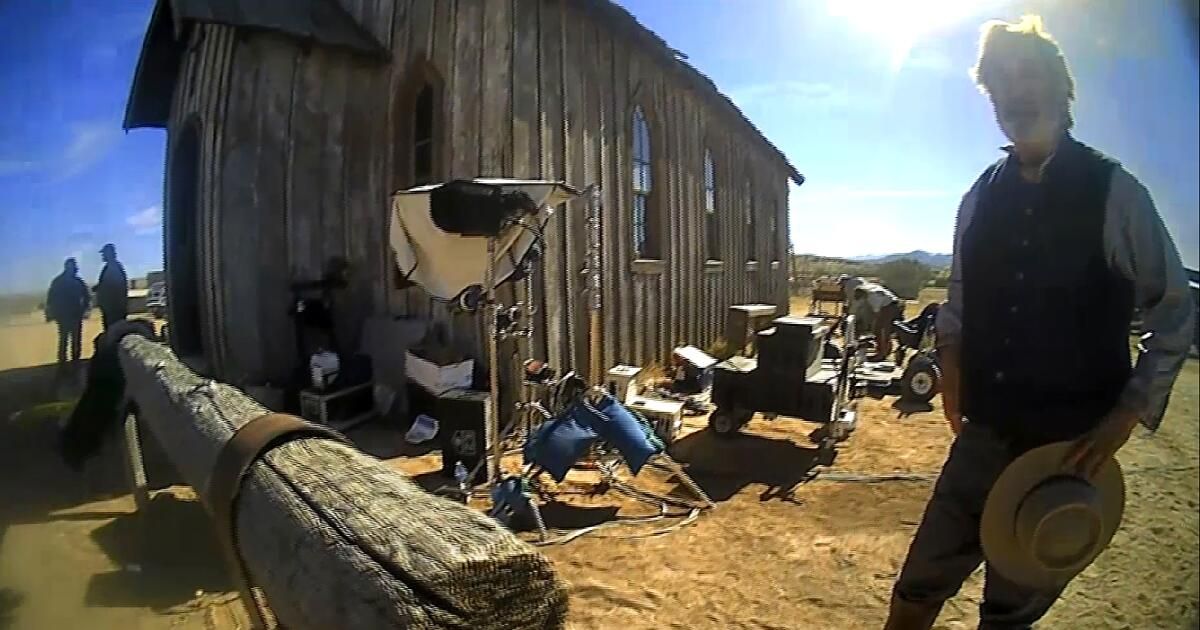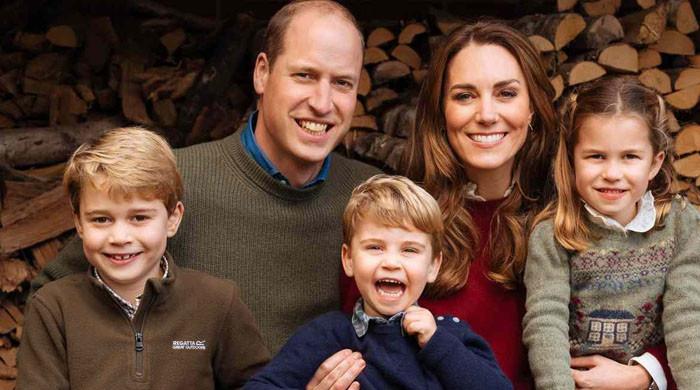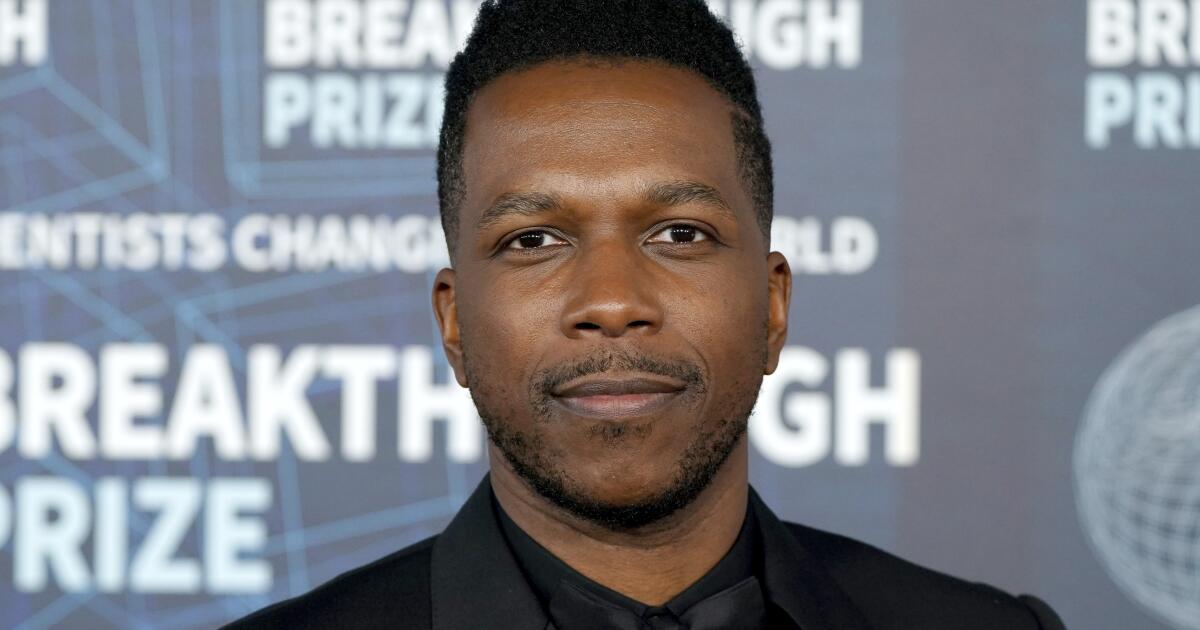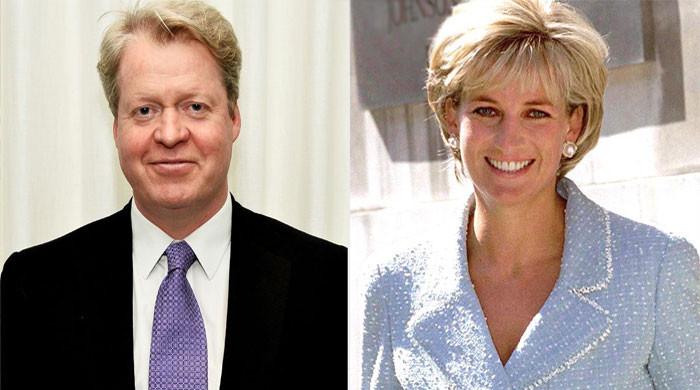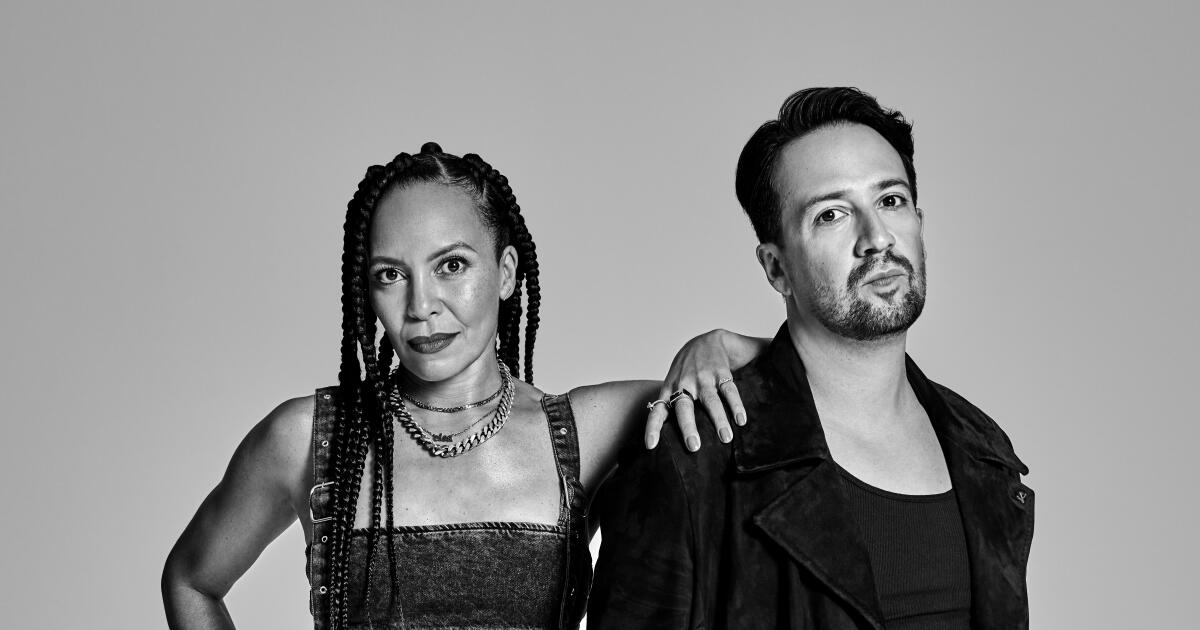Nearly three years ago, Alec Baldwin pointed a loaded gun at the director of photography on the low-budget Western film “Rust.” He thought the Colt .45 was empty; it wasn’t, and the gun went off, killing Halyna Hutchins.
The October 21, 2021 tragedy in New Mexico has led to multiple civil lawsuits, including two filed by Hutchins' relatives (one of which was settled). And this week, Baldwin is scheduled to go to trial in a Santa Fe, New Mexico, court after being charged in January with involuntary manslaughter in Hutchins' accidental death.
Jury selection begins Tuesday, kicking off an eight-day trial that experts predict will be the most publicized criminal trial in New Mexico's 112-year history.
Baldwin has pleaded not guilty. If convicted, the 66-year-old actor and producer could spend up to 18 months in prison.
How did Baldwin's case get so far that some experts consider it an overreach by prosecutors?
Public pressure, high-stakes legal maneuvers and arrogance have all played a role.
Production on the film wrapped in Montana last year, but “Rust” has no release date. New Mexico officials have also rejected the film’s producers’ request for up to $1.6 million in tax incentives.
Baldwin and his attorneys declined to comment.
Baldwin's criminal prosecution has suffered multiple setbacks, and Baldwin — a long-controversial figure — has drawn additional scrutiny over some of his actions.
In a decision that has been questioned by experts, Baldwin agreed to an interview with ABC News anchor George Stephanopoulos weeks after the shooting. “I didn’t pull the trigger,” Baldwin said. Instead, he blamed others for the tragedy at a wooden church in Bonanza Creek Ranch, a sprawling stretch of desert south of Santa Fe.
Baldwin told Stephanopoulos during the December 2021 interview that he pointed the gun at Hutchins during a rehearsal because she had ordered him to.
“During this interview, everything changed,” special prosecutor Kari T. Morrissey wrote in a court filing in April. “Mr. Baldwin … blamed the incident on Ms. Hutchins.”
Baldwin was told the gun was “cold” that day, meaning it had no live ammunition. Baldwin and others have stressed that actors are not tasked with checking guns.
On “Rust,” two crew members, armorer Hannah Gutierrez and assistant director David Halls, were responsible for security.
Baldwin's lawyers have argued that Baldwin was unaware that his actions could be dangerous. But prosecutors and gun experts argue that the first rule of gun use is not to point it at someone and not to pull the trigger, particularly when someone is nearby.
“The law is on the side of the prosecutors in this case,” said Joshua Kastenberg, a law professor at the University of New Mexico in Albuquerque. “But there is a belief that the facts lean more toward an acquittal than a conviction.”
For example, the gunsmith has already been convicted of involuntary manslaughter in Hutchins' death. Gutierrez is serving time in a New Mexico prison, which Kastenberg said could reinforce the view among some of Baldwin's jurors that the person most responsible for the tragedy has already been prosecuted.
Prosecutors had planned to point to Baldwin’s role as one of the film’s producers, arguing that he had a duty to ensure “Rust” was a safe set. But a judge ruled Monday that she won’t allow jurors to consider that.
Crew members have previously testified that production was rushed and chaotic. Prosecutors say producers acknowledged that Gutierrez, who was working on her second film as chief armorer, was overwhelmed.
Morrissey plans to present evidence (outtakes from the filming of “Rust”) that shows Baldwin ordering crew members to hurry up.
Kastenberg said the case boils down to: When does negligence become a crime?
“And that's a pretty high standard,” he said.
The investigation into the Rust shooting has faced multiple obstacles and delays, exacerbated by heightened tensions between defense attorneys and prosecutors.
Baldwin has hired a team of eight high-powered lawyers, led by Luke Nikas and Alex Spiro (Quinn Emanuel), who have accused Morrissey and his predecessors of mistakes and misconduct.
Morrissey has denied such allegations and countered in a court filing in April that the defense's goal is to “ensure the case is not heard on its merits.” [but] “Discrediting the prosecution, the investigation, and witnesses in the media, so that a conviction is unlikely for reasons other than Mr. Baldwin’s criminal culpability.”
A judge denied Baldwin's repeated requests to dismiss his indictment, clearing the way for this week's trial.
Baldwin's statements to ABC News in 2021 influenced the Santa Fe County sheriff's investigation, which spent nearly a year on the case.
Still, investigators were unable to determine how the live ammunition got onto the set. It was Morrissey who this year, after studying thousands of photographs from the October 2021 production, alleged that Gutierrez brought it with him to New Mexico.
Sheriff's investigators wanted to see if Baldwin's account was plausible.
So the lead detective, Corporal Alexandria Hancock, ordered the weapon to be force-tested. An FBI analyst repeatedly used a rawhide mallet to apply force to the weapon, ultimately breaking the hammer and sear.
Baldwin's legal team relied on the damage caused by the gun, suggesting it was prone to malfunction.
Morrissey joined the case in March 2023, after the district attorney and initial special prosecutor resigned following several missteps.
The following month, Nikas shared with prosecutors evidence he said showed the gun had been modified before Baldwin used it. Morrissey dropped the manslaughter charge against Baldwin, saying he needed time to investigate. He hired a weapons expert to look into the controversy and learn more about the FBI's destructive evidence.
As soon as the charges were dropped, Baldwin traveled to Montana to finish the film.
The gun supplier has since testified that it had received the Italian-made Pietta Colt .45, a fully functional replica of an 1880s-era revolver, before supplying it to the film production in 2021. Film footage also shows Baldwin successfully firing the weapon in the days leading up to the tragedy, the prosecutor said.
Weapons expert Lucien Haag also testified that he rebuilt the weapon after the FBI damaged it and that it functioned normally.
Haag also insisted that Baldwin would have had to pull the trigger for the gun to go off. And prosecutors revealed that a member of the “Rust” crew would testify that he saw Baldwin pull the trigger that day.
Last fall, Morrissey began preparing to take the Baldwin case to a grand jury with the intention of refiling criminal charges.
However, Morrissey first offered Baldwin a plea deal that would have ended the actor's criminal case.
In court documents, Morrissey said he told Baldwin's team in October that he would drop the charge if the actor pleaded guilty to negligent use of a deadly weapon, a misdemeanor, according to the April court filing.
That was the same position that “Rust” assistant director David Halls had accepted last year, and Morrissey said in the document that she felt obligated to offer a similar deal to Baldwin.
But the October offer soon fell apart.
Morrissey said Baldwin's team did not respond to his offer. Instead, he learned that they had shared details of the confidential settlement with an NBC News entertainment reporter. He also learned that Baldwin was planning to cause a media stir by announcing that he was suing the state of New Mexico.
The prosecutor also expressed concern that Baldwin was “actively pressuring” crew members who witnessed the shooting to give interviews for a documentary about him.
Cinematographer Halyna Hutchins and her son Andros with husband Matthew Hutchins, who filed a wrongful death lawsuit against Alec Baldwin and other producers of “Rust.”
(Courtesy of the Hutchins Family / Panish, Shea, Boyle, Ravipudi LLP)
Legal experts say Baldwin's celebrity could help — or hurt — his case.
“There’s a general sense across the country, not just here in New Mexico but generally, that we have two systems of justice,” Kastenberg said. “One for the powerful, the famous and the wealthy and one for everyone else.”
Another lingering question is whether Baldwin will take the stand toward the end of the trial.
“The decision to testify is Baldwin’s alone,” Kastenberg said. “It’s his right.”

